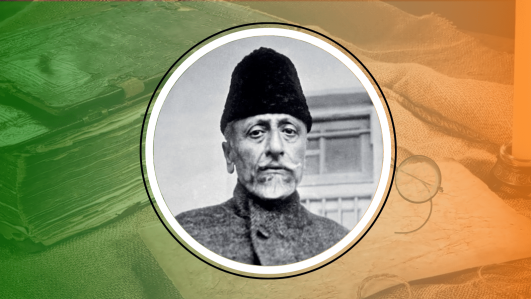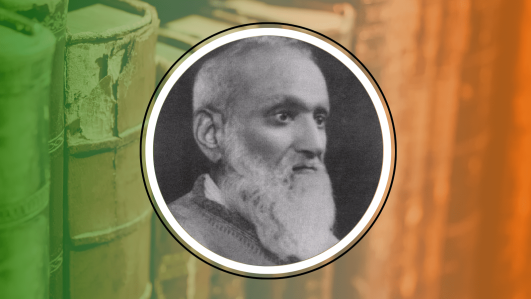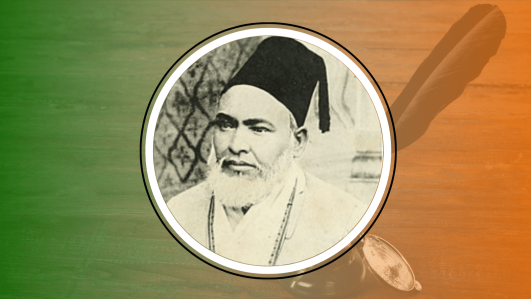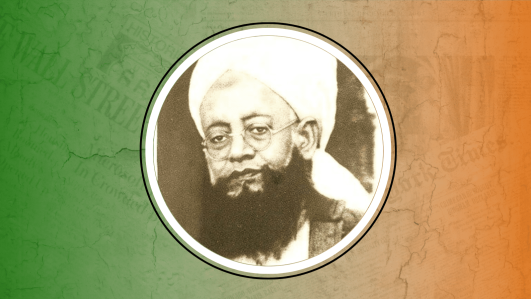
Moulana Abul Kalam Azad (1888-1958)
Moulana Abul Kalam Azad (1888-1958)

This multifaceted personality was born in a religious and educated family in Makkah. Early in his life, it became clear to him that his duties as a Muslim included obligations towards the whole universe, not just his community. Young Azad published a journal called al-Hilāl as a vent for his religious, anti-British, and pro-nationalist views. He was the youngest president of the Congress, and fully endorsed Gandhi’s call for non-cooperation, the Salt March, the civil disobedience movement, and others, courting arrest and serving jail sentences on many occasions. Like all other leaders of the Jamiat, Maulana Azad used every occasion and forum to reinforce Hindu-Muslim unity. After independence, he became, befittingly, the first education minister and molded the new nation’s destiny for over a decade. In 1992, he was posthumously awarded the Bharat Ratna, which is the nation’s highest civilian award. He played a key role in making the national policy on education that still today enables access to education to all students irrespective of their caste, creed, etc.




